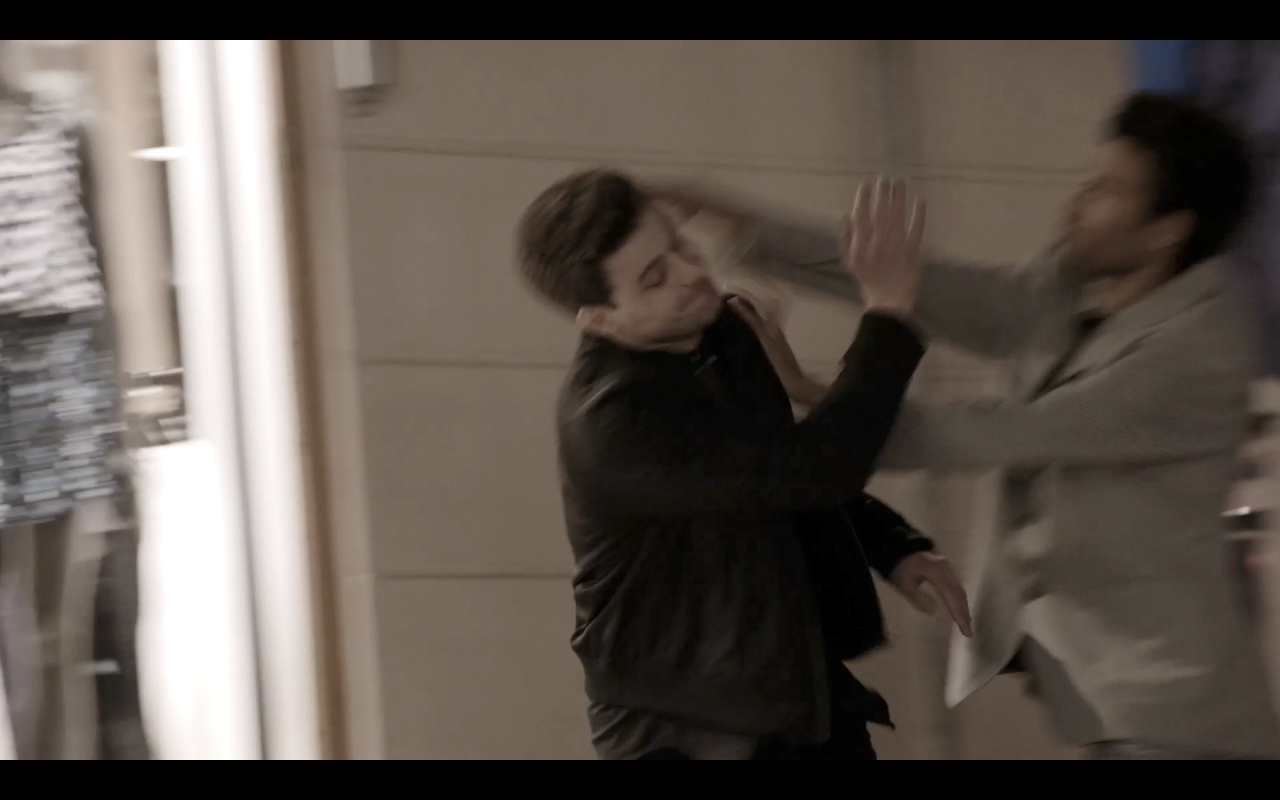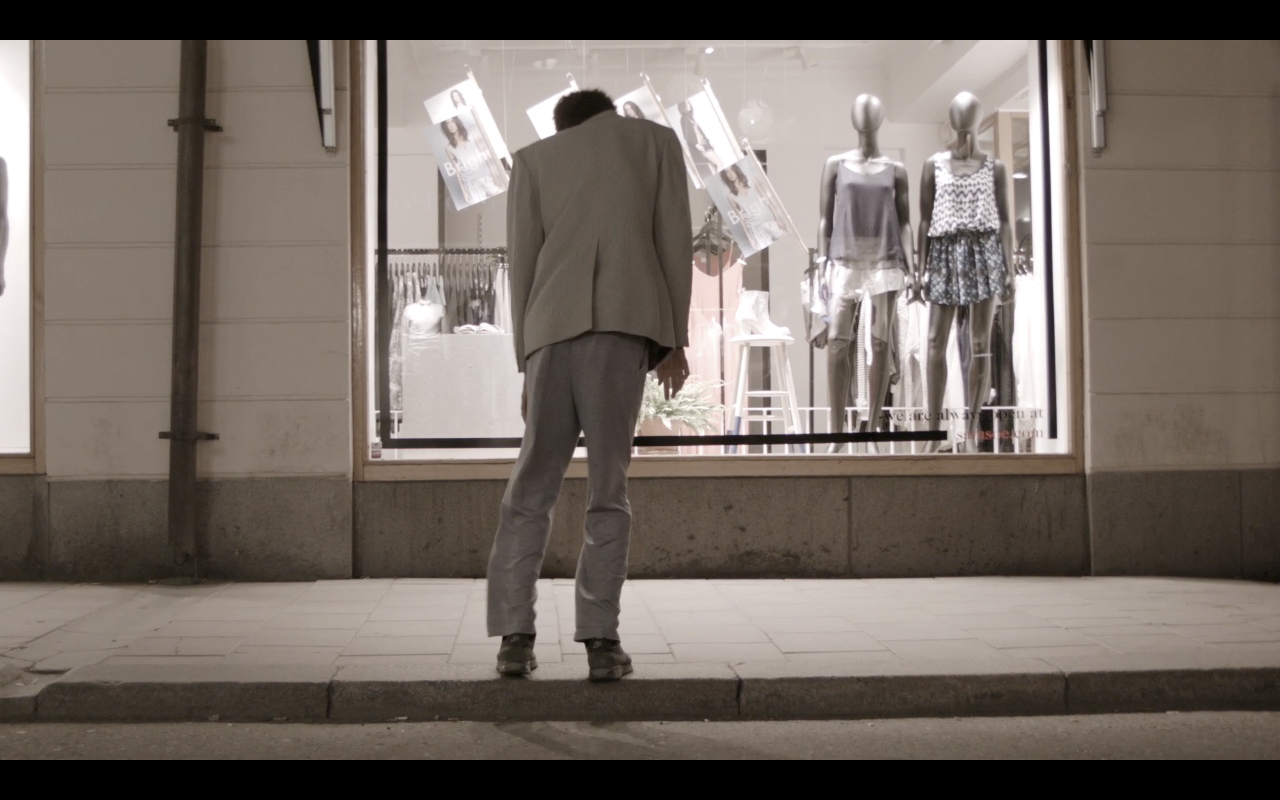






Delay, (04:00), 2014
Delay is the first video release from the debut mixtape by SW.
"Street life in Stockholm is based on the principle of avoidance. First rule: avoid being on the street unless necessary. . . . Second rule: if on the street, avoid contact with other people. . . . The accidental contact of body to body is something embarrassing, mildly unpleasant, and best treated as if it had not happened at all." — Susan Sontag
When Susan Sontag wrote “Letter from Sweden,” her biting 1969 critique of a society that she labeled “pathological,” the country was at the height of its fame as a socially cohesive liberal democracy. These days, in the eyes of the average citizen, the Nordic model of universalist social welfare and strong unions is seen as a nostalgic framework, and free market enterprise is increasingly regarded as the path to a stable future. Despite this shift, the Swedish temperament has remained remarkably consistent through the decades, and Sweden has consequently had a difficult time adjusting its self-image to include the large numbers of nonwhite and non-Christian immigrants who now call the country home. Race scholars Tobias Hübinette and Catrin Lundström, writing after Sweden’s 2010 elections, outlined the situation more succinctly: “The fact of having held the title of the world’s most progressive and left-liberal country, combined with Sweden’s perception of itself as the most racially homogenous and pure of all white nations, forms a double bind that makes it almost impossible to transform Swedishness into something that will also accept people of colour.”
How to come to terms—not only as an artist but also as an “artist of color”—with my place in this society that I now call home? This is the question that burdens me. More so than the recurring inquiry from new acquaintances—How long will you stay in Sweden?—which veils their assumption that I should one day leave. And more so than the question of how to respond to the occasional late-night Nazi salute flourished in my direction or to the myriad other slights and offenses that niggle at one every day.
The first response, of course, is to push back. The bluntness of a violent reaction feels right in the moment, feels like it will get something across. But how provocative can it be, in the end, to react exactly as all these blank faces expect you to? Why let them put me in that box? The connection that I simultaneously spurn and desire, this nebulous “belonging,” is more nuanced than anything a clenched fist can precipitate. Its line stretches from the skittish outsider to the pinnacle of the Swedish alpha male, with his hair gelled back and his sport coat dry-cleaned for Friday night conquests, and it finds occasion in the lightness and simplicity of a touch.
– Santiago Mostyn